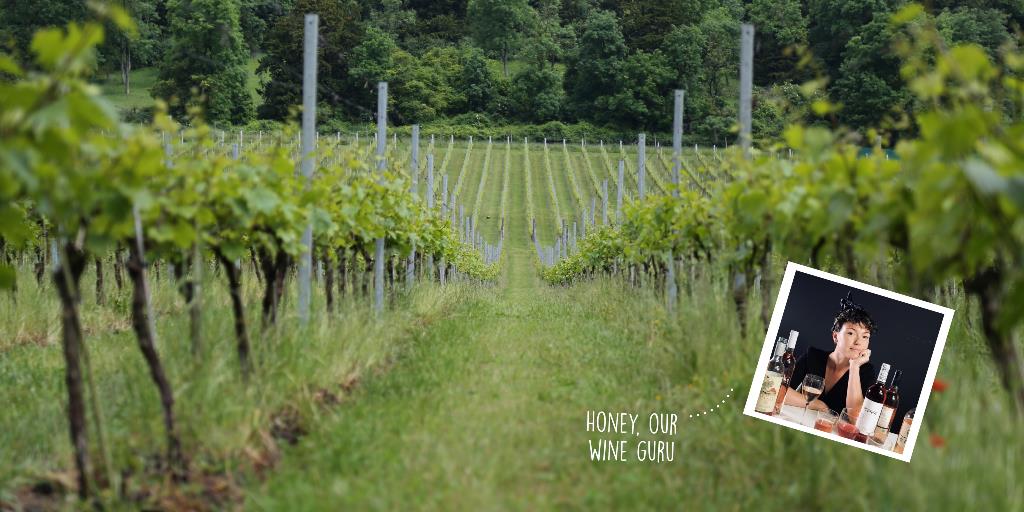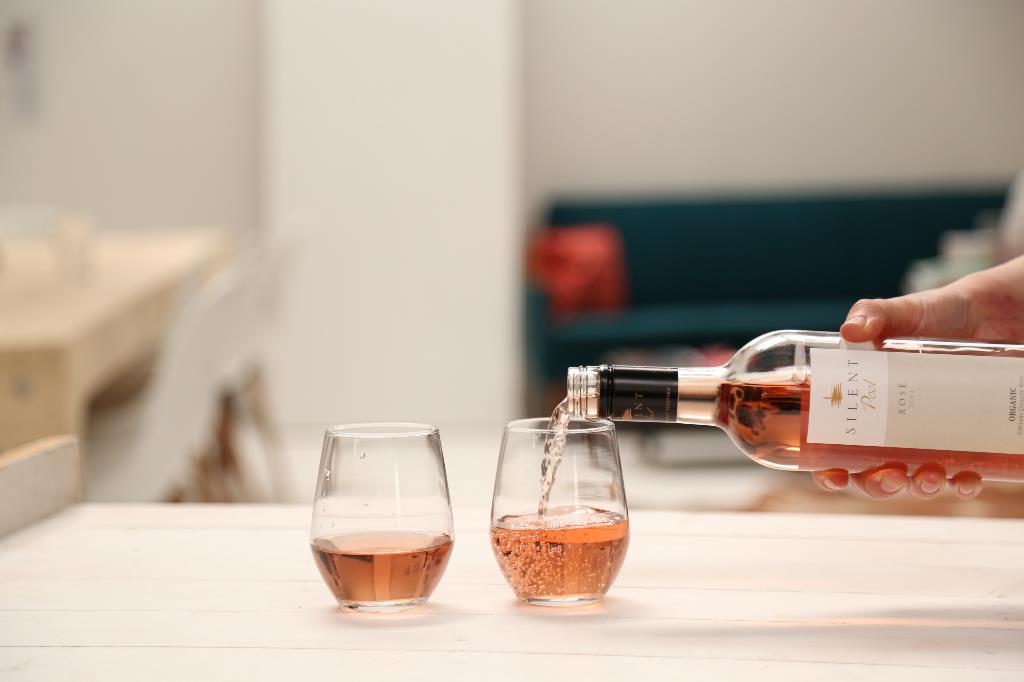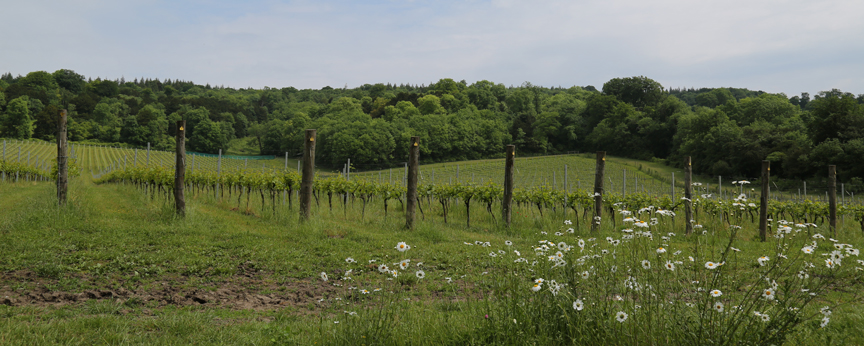Rosé wine, that glorious annual epidemic. During this unprecedented return of that stranger to the British isles (the sun) , the stars align and we find a cold bottle in the fridge. Our organic wine guru, Honey, gets to more than just the bottom of a glass on the topic.
The Rosé Roundup

For us fair-weather rosé devotees who seem to forget the existence of other types of wine from May to September, there has never been a better time to drink pink. Long gone are the days when our choices were limited to either sticky California Zinfandels; today there are so many rosé options available in all shapes, sizes and colours from all corners of the globe; enough to keep even the most knowledgeable connoisseurs on their toes.
First, let’s clear up how rosé wine is made. Rosé is almost always made with red grapes but small portions of white (and ‘gris’) grapes can be blended into the batch too. There are two ways to make rosé: the first is by direct press which means that the grapes pressed directly off their skins. The skins will then stay with the wine until the desired amount of colour is extracted. This interaction or ‘maceration’ could be just a few hours to give the wines a kiss of extraction (as is often the case with ‘blush’ wines). Alternatively, winemakers can chose to leave the skins in a little bit longer which adds more flavour and structure to grapes in vineyards specifically grown to produce rosé.
 The second is a technique known as Saignée. This involves grapes primarily grown for the the production of red wine and sees the initial ‘free run juice’ from the grapes ‘bled’ off before being pressed to make red wine. Bordeaux is a region that tends to adopt this method when making rosé. It might seem that this method produces inferior wine as the grapes are not primarily intended for rosé production but in truth it’s a bit more complicated than that. This method and resulting quality depends more on variety and the regional traditions and in fact many growers will mix up their methods dependent on the vintage and in reaction to market demands. The main difference in style between the two methods, however, is that in general grapes destined for rosé tend to be picked earlier in order to retain the acidity and freshness desirable in this practice.
The second is a technique known as Saignée. This involves grapes primarily grown for the the production of red wine and sees the initial ‘free run juice’ from the grapes ‘bled’ off before being pressed to make red wine. Bordeaux is a region that tends to adopt this method when making rosé. It might seem that this method produces inferior wine as the grapes are not primarily intended for rosé production but in truth it’s a bit more complicated than that. This method and resulting quality depends more on variety and the regional traditions and in fact many growers will mix up their methods dependent on the vintage and in reaction to market demands. The main difference in style between the two methods, however, is that in general grapes destined for rosé tend to be picked earlier in order to retain the acidity and freshness desirable in this practice.
A darker shade of red
There is no denying that pale rosés are wonderful thirst quenchers, as proved by the fact that 160 million bottles of the stuff is produced in Provence every year(!). However, for those who choose to lean a little deeper and opt for a darker coloured rosé, there is a whole host of benefits to be gained. Increased skin contact in rosé most often leads to more complexity, nuance, fleshy fruit character and a longer finish which in turn can mean the capacity to be aged to create complex, mature wines capable of ageing a fair few years. This also means wines that are better at standing up to food: even red meat, which make them far better accompaniments to BBQs than their paler counterparts whose delicate flavours will become lost when sipped alongside most dishes.

Why drink organic rosé?
There are a plethora of reasons to drink organic wine in general but when it comes to rosé, those reasons get a turbo charge. Due to their delicate nature and tendency to spoil during production, rosé wine tends to be the most edited and cleaned up of all types of wine in a chemical sense. Yes, that might explain the headache in the morning! Organic wine contains no synthetic chemicals and any ‘tweaking’ must be done using only organic materials which really does make a difference. Also, organic rosés that have extended maceration with their skins need less additions such as SO2 as the skins provide the antioxidants they need to be stable. Reasons indeed to lift an extra (we said half!) glass of organic rosé this evening.
This raspberry-hued number from Valencia is absolutely crammed with personality. Made with Merlot and local variety Bobal and aged in barrel this juicy round number sings of wild Summer jam, red apple and and decisive creaminess.
From leafy Surrey in the South of England comes this crisp and elegant wine that still carries an punchy dose of flavour and detail. Formed of biodynamically grown Pinot Noir and Pinot Meunier and showing layers of zesty grapefruit and satsuma peel with a ultra soft finish.


